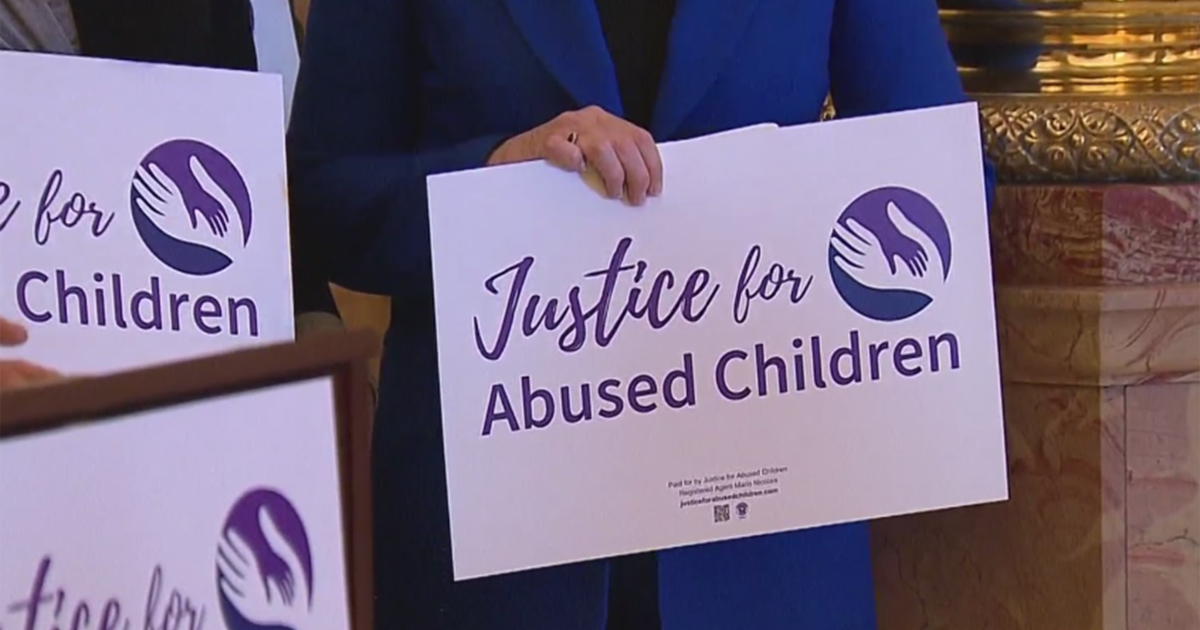Colorado Right-To-Die Bill Fails, Sponsors: Not Enough Votes
DENVER (AP) - The sponsors of a Colorado right-to-die bill that would let terminally ill people end their own lives abruptly withdrew the proposal on Wednesday, tearfully and angrily conceding they didn't have the votes for it to pass the Democrat-led state House.
Democratic Reps. Joann Ginal of Fort Collins and Lois Court of Denver vowed before a hushed House chamber that they will introduce legislation again next year.
Citing polls that suggest most Colorado voters support a right-to-die law, they also told colleagues they were doing them a bitter political favor by not forcing a voice vote on the House floor to reveal where each member stood on the issue this election year.
"I am profoundly disappointed that we have gotten to this point, and I am profoundly disappointed in you, colleagues, because you have disappointed 65 percent of your constituents," Court said. "But make no mistake. The voice of this state will be heard. You will hear from your constituents."
The bill, co-sponsored by Democratic Sen. Michael Merrifield of Colorado Springs, required that a mentally competent patient have a six-month prognosis and get two doctors to sign off after three requests for life-ending medication. It calls for safe storage of lethal drugs and recognizes that a patient can change his or her mind.
RELATED STORIES: Right To Die Story Archive
Oregon, Washington, Vermont and California have passed right-to-die laws. New York, Arizona and Maryland are considering legislation. Montana's state Supreme Court has ruled that doctors could use a patient's request for life-ending medication as a defense against any criminal charges linked to the death.
"I want to empower people to decide how best to manage their life without being criminalized," Ginal said as she tearfully described the death of a brother of blood cancer last year.
Opponents argued the bill would facilitate doctor-assisted suicides, especially after mistaken terminal diagnoses, and they insisted existing hospice and palliative care for the dying is sufficient. The arguments helped defeat a similar proposal last year.
During hours of testimony this month, lawmakers asked pointed questions about tracking lethal drugs once they are prescribed; the influence doctors or family - wittingly or unwittingly - can have on patients' decision-making; and the consequences for disabled patients suffering depression, among other issues.
Supporters had hoped to send the bill back to the Republican-controlled Senate, where a committee rejected legislation on a party-line vote earlier this month.
"To those who have testified, I'm sorry that we could not help you. I'm sorry that this state Legislature has failed you," Ginal said Wednesday.
(© Copyright 2016 The Associated Press. All Rights Reserved. This material may not be published, broadcast, rewritten or redistributed.)



